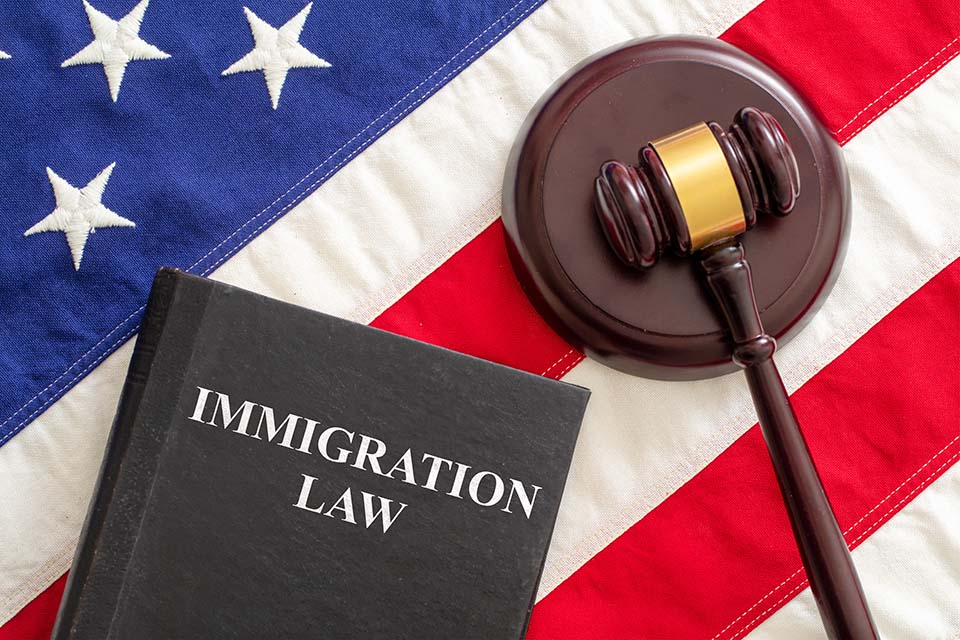1. Immigration Policies:
-
U.S. immigration policies have undergone significant changes over the years, reflecting political, economic, and social dynamics. They determine who can enter the country, how they can do so, and the conditions under which they can stay.
-
Immigration policies encompass a range of visa categories, including family reunification, employment-based visas, humanitarian visas, and refugee programs. They also address issues like visa overstay, deportation, and naturalization.
2. Deferred Action for Childhood Arrivals (DACA):
-
DACA is an immigration policy introduced in 2012 by the Obama administration. It provides temporary relief from deportation and work permits to undocumented immigrants who were brought to the U.S. as children. DACA beneficiaries are often referred to as "Dreamers."
-
The DACA program has been subject to legal and political challenges. Its status is uncertain, with changes in administration leading to shifts in policy enforcement. The legal battles surrounding DACA have implications for thousands of young immigrants and their families.
3. Border Issues:
-
The U.S.-Mexico border has been a focal point of immigration discussions. Issues related to border security, border enforcement, and the treatment of asylum seekers and undocumented immigrants have been subjects of debate.
-
Border issues also include issues such as drug trafficking, human trafficking, and the enforcement of immigration laws at the border.
4. Implications:
-
Immigration policies and border issues have wide-ranging implications for various stakeholders, including:
-
Economic Impact: Immigration policies affect the labor force, as immigrants often fill roles in agriculture, construction, healthcare, and other industries. Immigration can stimulate economic growth but may also raise concerns about wage suppression.
-
Social and Cultural Impact: Immigration contributes to the cultural diversity of the United States. However, social tensions can arise over issues of assimilation, language, and cultural differences.
-
National Security and Border Enforcement: Policies and border issues are intertwined with national security concerns, especially in relation to terrorism and drug trafficking. Balancing border security with humanitarian concerns is a complex challenge.
-
Human Rights and Legal Framework: Implications include human rights concerns, such as the treatment of detained immigrants and asylum seekers, and the application of international and domestic law in immigration cases.
-
Public Opinion and Politics: Immigration is a highly polarizing issue in American politics. Public opinion varies, with some advocating for comprehensive immigration reform and others supporting stricter border control and enforcement.
-
Family Separation: The practice of family separation at the border, which aimed to deter illegal immigration, has drawn significant criticism and led to legal and humanitarian concerns.
-
-
Policy changes and court decisions have resulted in shifts in the treatment of immigrants, including the protection or revocation of certain rights and benefits.
In conclusion, immigration policies, the status of DACA, border issues, and their implications are complex and multifaceted aspects of U.S. domestic and foreign policy. These topics continue to be central to national discourse, with debates surrounding national security, economic impact, social inclusion, human rights, and political polarization. The future direction of U.S. immigration policies and border issues remains an ongoing and evolving national conversation.



